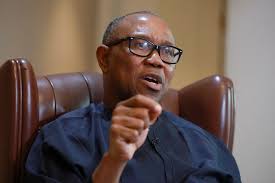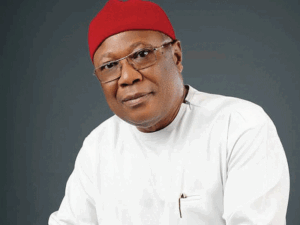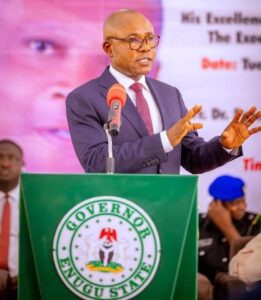Former Anambra State Governor and Labour Party presidential candidate Peter Obi has issued a stark warning about Nigeria’s collapsing healthcare system, demanding immediate government action to redirect national priorities toward health, education, and poverty eradication.
Delivering a keynote address at a medical summit organized by ANAP Doctors in North America and University of Nigeria alumni at Lagos’ Eko Hotel, Obi presented damning statistics that reveal Nigeria’s healthcare system as one of the world’s most under-resourced.
Obi challenged Nigeria’s development paradigm, arguing: “True progress isn’t measured by roads and bridges, but by health outcomes, education access, and poverty reduction – the core metrics of the Human Development Index. A nation that neglects these fundamentals builds on quicksand.”
The former governor revealed alarming data starting that 70% of primary healthcare centers are non-functional due to equipment shortages and staffing gaps, nigeria achieves only 10% of WHO’s recommended doctor-to-patient ratio and despite borrowing $11 billion for healthcare since 2023, services remain abysmal
“India, with seven times our population, meets 80% of doctor-patient standards while aggressively expanding medical schools. South Africa’s single-year health budget dwarfs Nigeria’s four-year allocation,”Obi noted, highlighting systemic underinvestment.
Obi criticized fiscal mismanagement: “We keep borrowing for healthcare, yet mothers still die in childbirth from preventable causes. These funds must be visibly tied to functional clinics, trained personnel, and accessible medicines – not vanishing into bureaucratic abysses.”
The presidential candidate proposed urgent interventions:
- Budget Realignment: Prioritize health/education in national spending
- Debt Accountability: Mandate transparency in healthcare loans utilization
- Public-Private Partnerships: Leverage diaspora medical expertise
- Emergency Workforce Plan: Accelerate medical training and retention
Obi praised the alumni group’s $1 million healthcare fundraising initiative as “the model of patriotic intervention we need,” urging other professional bodies to emulate such efforts.
The address concluded with a sobering warning: “Without immediate course correction, Nigeria risks becoming a nation where basic healthcare is a luxury for the privileged few. We must act now to prevent total system collapse.”
The summit brought together over 300 medical experts, including diaspora specialists exploring solutions to Nigeria’s healthcare challenges.




